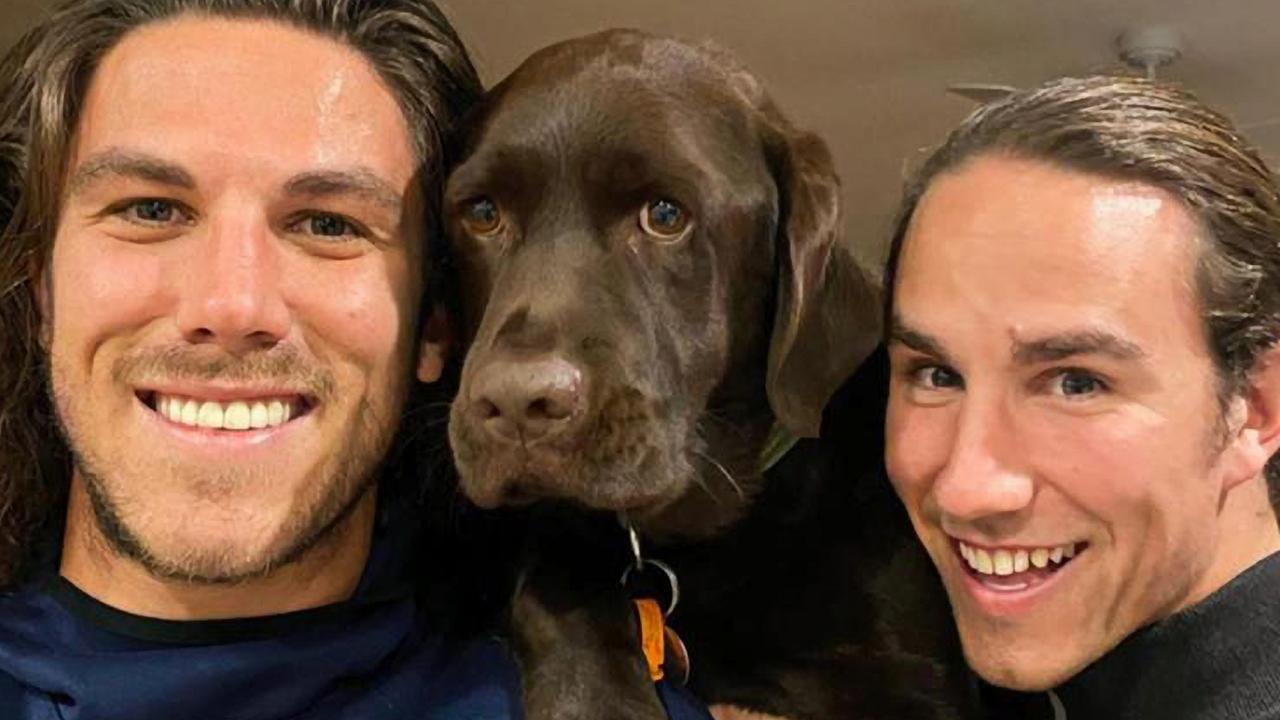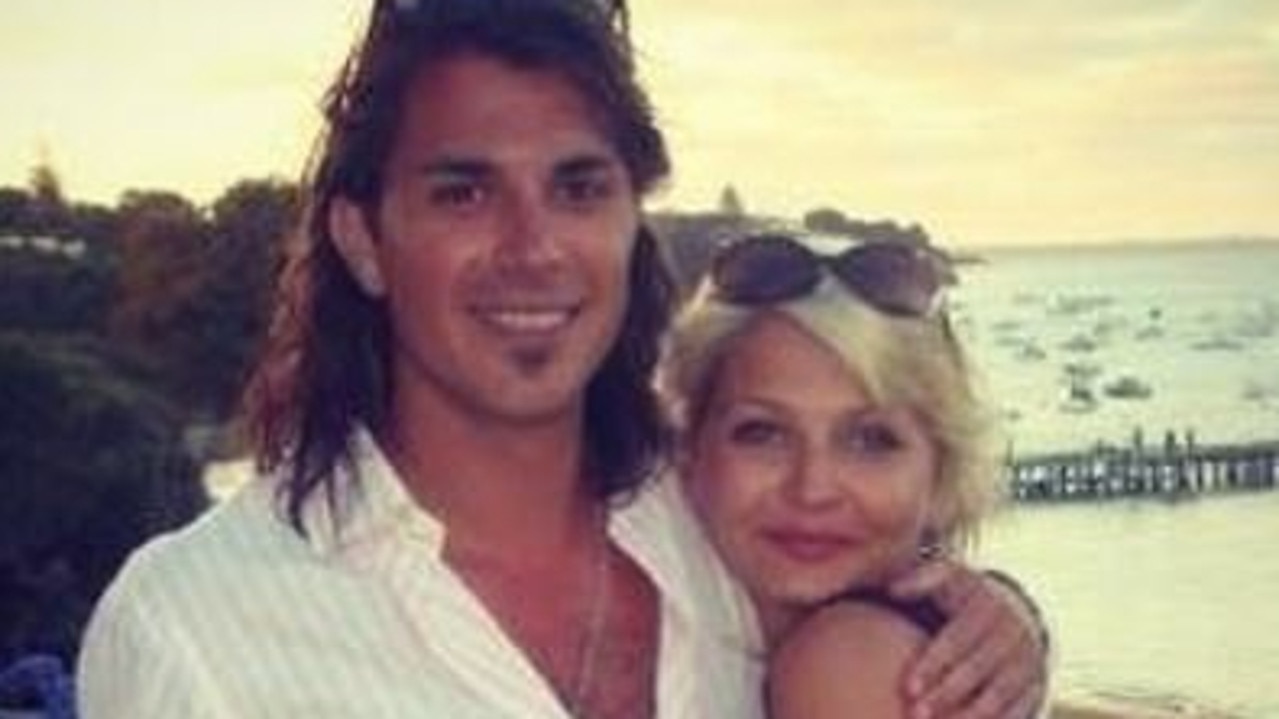Canada murders: Clues cops missed as teen fugitives set out to kill
Canadian cops missed several vital clues during their massive manhunt for the teens who murdered Aussie backpacker Lucas Fowler and his girlfriend, as an expert revealed their alleged secret plan to kill.
Their journey started innocently enough – or so their parents thought.
Childhood friends Kam McLeod and Bryer Schmegelsky were on a road trip driving 1700km to the wilderness region known as The Yukon in search of work.
It is just over four weeks ago since the teenagers quit their unfulfilling jobs at Walmart and decided to try their luck making some real money in the picturesque Northern Canadian territory.
But the search for work didn’t go well, according to Schmegelsky’s father Alan.
His last communication with his son on July 12 said they were headed for Alberta and might not be contactable. “We are going to Alberta today so I won’t have internet for a while. I’ll talk to you when I can.” He never heard from his son again.
Their road trip turned into a homicidal rampage that left three people dead and a trail of burning cars that sparked the biggest manhunt Canada has ever seen.
MORE: Breakthrough that led to bodies of teen fugitives
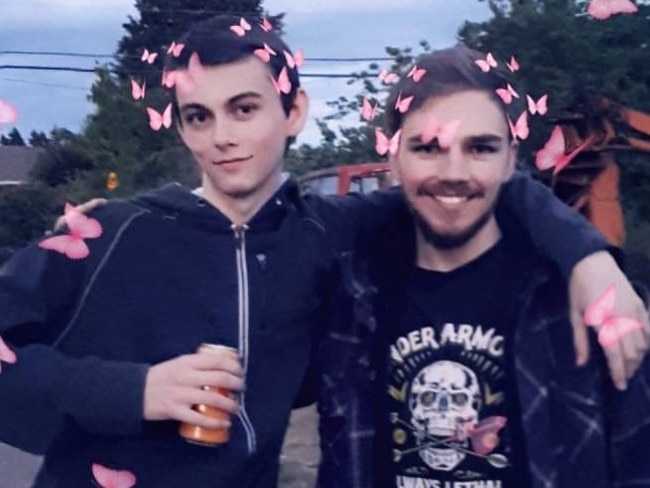
It wasn’t until the bodies of Australian man Lucas Fowler, 23, and his American girlfriend Chynna Deese, 24, were found shot to death on the lonely Alaska Highway that anyone knew something had gone wrong with the friends.
Police took days to identify the pair. Their bodies were found in a ditch next to the blue Chevy camper van Mr Fowler had bought and fixed up for their own road trip to some of Northern Canada’s beautiful national parks.
The killers had stolen their passports and all identifying documents. But they missed a letter in the van written by Mr Fowler’s employer that led police to identify the couple.
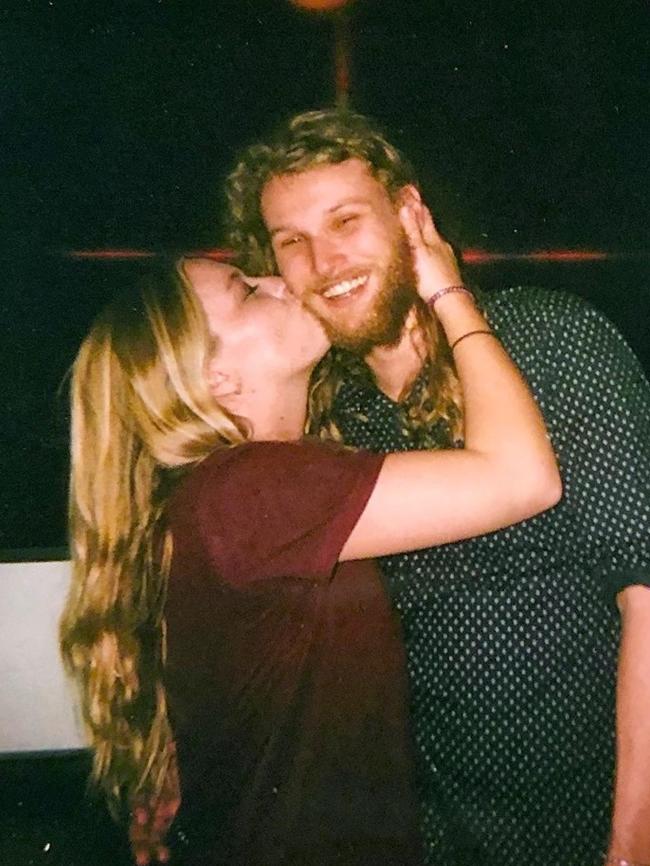
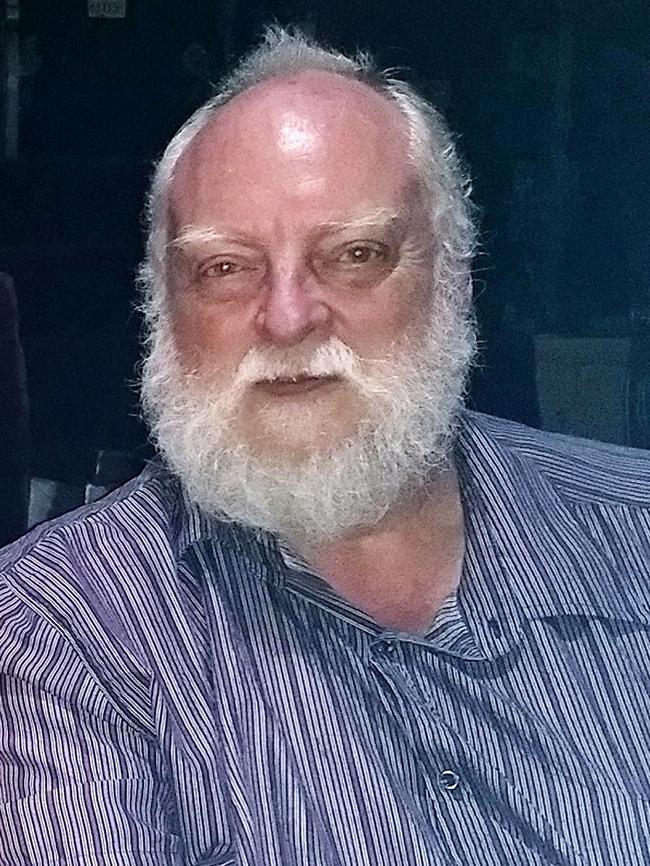
Within days of the terrible news breaking in Australia about the double murders, there was also another piece of news that seemed almost insignificant at the time.
A truck was found on fire and the body of a man had been found about 500km down the highway from the spot where Mr Fowler and Ms Deese were discovered.
At first police were hosing down speculation that the two incidents were linked. The police did not reveal the man had been murdered and the Mounties put out an alert that two young men who were driving the truck were missing.
Community concerns were mounting about a serial killer being on the loose and police had to admit it was unusual to have two such incidents happen at the same time in northern British Columbia. There were fears the teenager friends may have also been victims of a killer on the loose.
But when police determined the cause of death of the third person, university lecturer Leonard Dyck, 64, events took a bizarre twist. The missing teenagers suddenly became suspected killers on the run for a string of brutal slayings.
US SHOOTINGS: ‘Not welcome here’: Protesters lash Trump
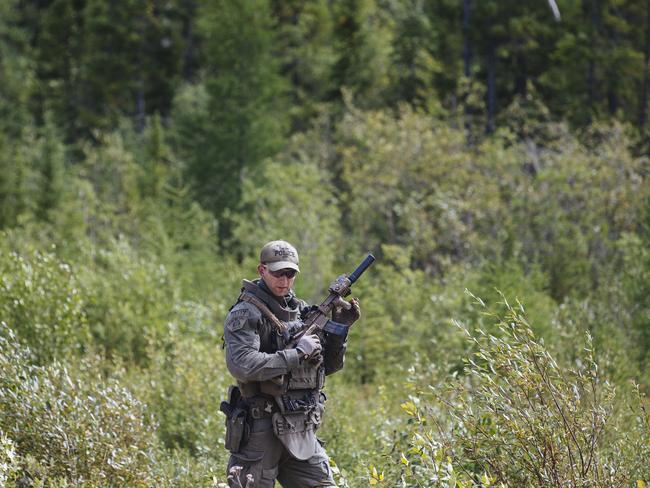
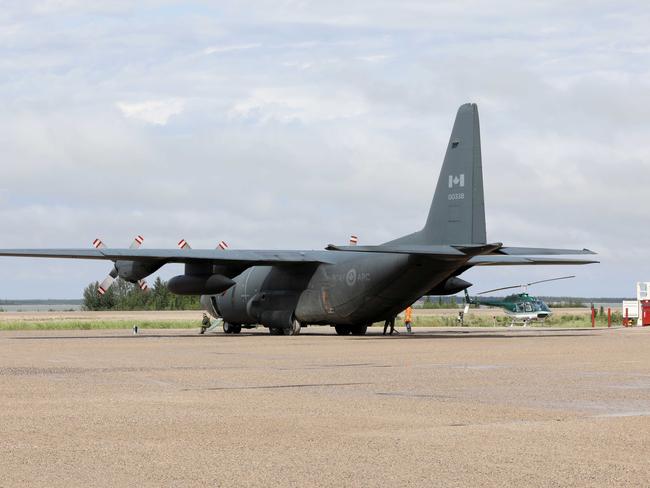
News that the two boys from the working-class suburb of Port Alberni on Vancouver Island were now being hunted as suspected triple murderers came as a shock to everyone, especially their families.
The parents of Schmegelsky and McLeod said they had never been in trouble before. They didn’t do drugs and they were good caring kids whose worst trait was to play violent video games.
Alan Schmegelsky revealed the friends had been working double shifts to save money for their road trip and had been looking forward to it. He told the media there was no inkling anything was wrong before they left.

Criminal psychologist Tim Watson-Munro, however, believes the teenagers’ story of looking for work was a ruse and they had planned the “thrill kill” spree all along.
He said they appeared to be “bad not mad”, capable of forward planning and they were armed.
“Some people are vulnerable to violent video games and become desensitised to violence,” said Watson-Munro.
“When that happens, they need more and more stimulation to get the same thrill.
“It is like an addiction to pornography; it escalates they started acting out … One bounces off the other, wouldn’t it be fun to do this … then they think they can do anything and get away with it.”
But as news of the rampage escalated a different picture started to emerge of the teens who are fans of a popular British survivalist game in which players are encouraged to kill and eat their victims.
They also had links to network of game players touting far-right views, support for Germany’s Third Reich.
Alan Schmegelsky said his son Bryer had told him he and Kam had been “training in war” in the woods for more than two years and were masters of camouflage.
Former classmates of Schmegelsky have revealed he had a history of making disturbing statements.
In an interview with Global News Canada, Madison Hempsted said she shared one class in Grade 7 with Bryer in Port Alberni, when they were both 13 years old.
“I don’t want to be rude, but he was kind of a weird kid,” she said.
Hempsted said Schmegelsky would allegedly describe violent acts to her and her friends.
“One of my friends commented that Bryer said he wanted to kill his whole family.”
As police widened the dragnet looking for the fugitives, sightings came in from the public placing them thousands of kilometres away.
They were spotted at a hardware store in North Saskatchewan. Another member of the public revealed he had unknowingly helped them get their bogged car out of a muddy field in Cold Lake, Alberta, on July 21.
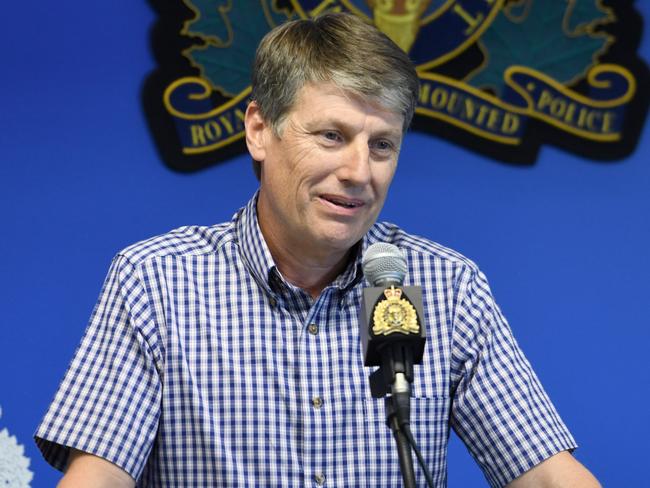
Hundreds of tips from the public poured in and then the Toyota Rav 4 they were driving was found burning near Gillam in the state of Manitoba. Police poured into the remote community and began hunting the pair.
Ground, air and water searches were concentrated on the remote community, about 3,300km east of the murder scene.
Police went door to door checking homes. Residents were told to stay inside and lock their cars. Police searched bushland, abandoned buildings, ghost towns and hunting cottages, desperately looking for the suspects.
The hunt diverted to York landing, 200km from the burning vehicle with a possible sighting of two men hunting for food in a garbage dump. That led nowhere.
Then there were unconfirmed sightings of the fugitives in the adjoining state of Ontario.
But despite hundreds of police, dogs, drones and aircraft searching the areas, they found nothing.
But then came the breakthrough. An abandoned tin boat known locally as a “jon boat” was spotted on the shores of the Nelson River by a helicopter searching the area.
Police headed for the damaged boat and dive teams were brought in for underwater searches. Then police found items belonging to the pair along the foreshore.
While they would not reveal publicly what the items were, it appears the discovery helped lead them to the site where the bodies of Schmegelsky and McLeod were discovered.
The three-week manhunt for the pair covered 5000km across Canada but the pair’s bodies were found in dense wood just 8km away from their burnt-out Toyota Rav 4, which was found on July 23.
There had been no official sightings of Schmegelsky and McLeod since July 21, when they were seen in the northwestern Saskatchewan community of Meadow Lake.
It was only then that police identified the teens as “armed and extremely dangerous” and the massive manhunt kicked off.

